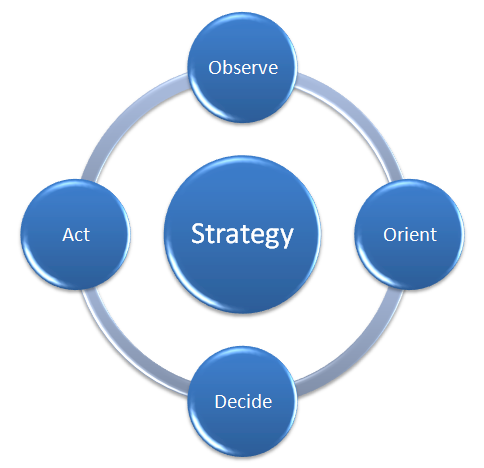Seminar on Website Marketing
Internet marketing, also known as digital marketing, web marketing, online marketing, search marketing or e-marketing, is the marketing (generally promotion) of products or services over the Internet.
Internet marketing is considered to be broad in scope because it not only refers to marketing on the Internet, but also includes marketing done via e-mail and wireless media. Digital customer data and electronic customer relationship management (ECRM) systems are also often grouped together under internet marketing.
Internet marketing ties together the creative and technical aspects of the Internet, including design, development, advertising, and sales. Internet marketing also refers to the placement of media along many different stages of the customer engagement cycle through search engine marketing (SEM), search engine optimization (SEO), banner ads on specific websites, email marketing, and Web 2.0 strategies.[citation needed]
In 2008, The New York Times, working with comScore, published an initial estimate to quantify the user data collected by large Internet-based companies. Counting four types of interactions with company websites in addition to the hits from advertisements served from advertising networks, the authors found that the potential for collecting data was up to 2,500 times per user per month.

Presentation on the topic website marketing






